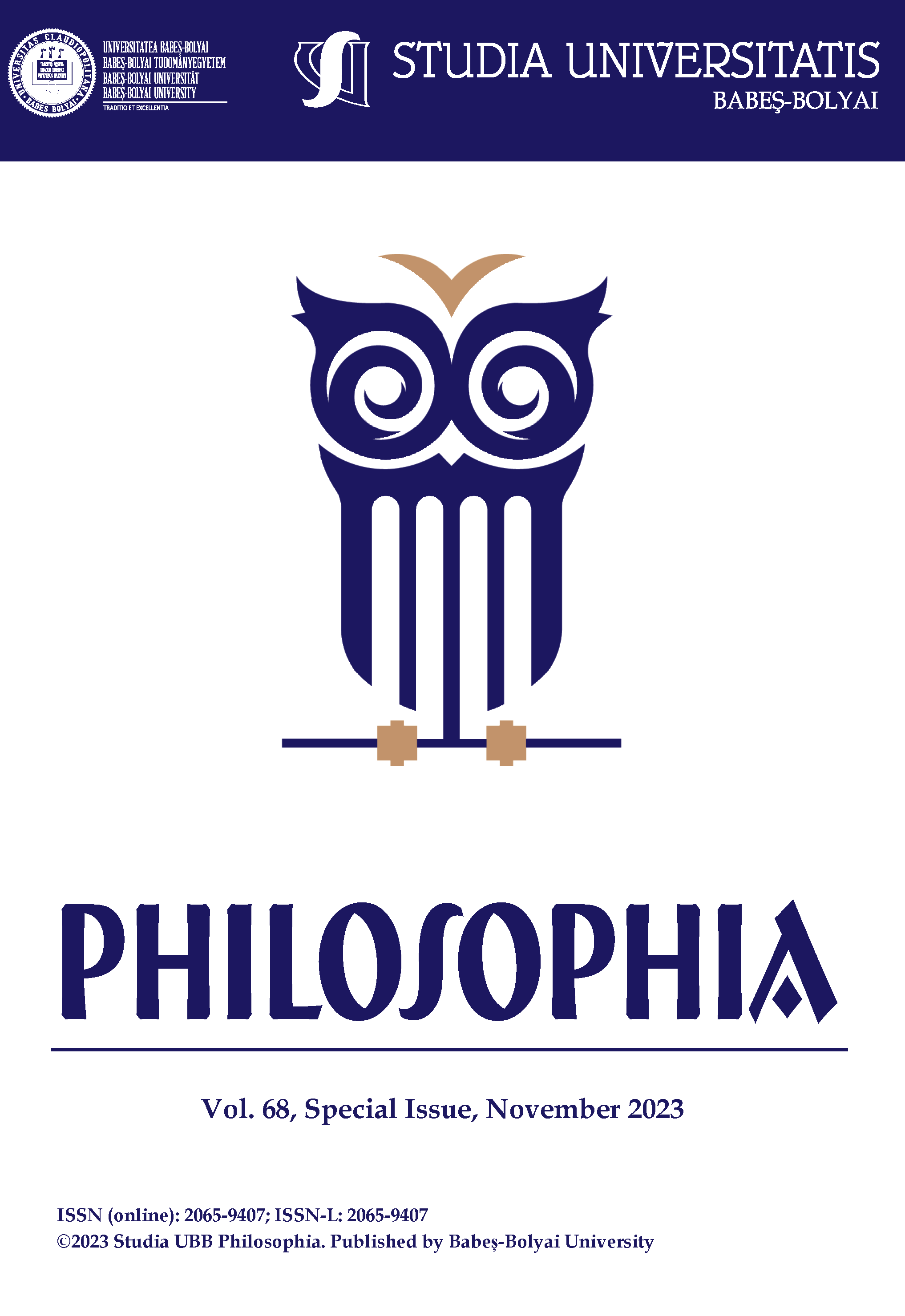CONFLICTS WITH NOVELTY: INTELLIGIBILITY CRISIS AND THE CASE OF THE YUGOSLAV NARRATIVE
CONFLICTS WITH NOVELTY: INTELLIGIBILITY CRISIS AND THE CASE OF THE YUGOSLAV NARRATIVE
Author(s): Vladimir LukićSubject(s): Political Philosophy, Transformation Period (1990 - 2010)
Published by: Studia Universitatis Babes-Bolyai
Keywords: intelligibility crisis; Yugoslavia; social narratives; meaning; conflicts; harmony;
Summary/Abstract: This paper deals with the notion of intelligibility crisis in terms of conflict and harmony. Namely, we will analyze the notion of intelligibility from MacIntyre’s philosophical opus and apply it to the historical case. Intelligibility, according to MacIntyre, is the notion which provides us with contextual meaning and embeds our actions with sense within the specific tradition. Intelligibility crisis is the term that is coined to provide a descriptive account of the phenomenon when we cannot connect ourselves with a new social context in which we find ourselves in. To further elaborate on this and apply it onto an example, we shall use the historical case of the Yugoslavian nation. We will provide analysis between three different contextual narratives – pre-Yugoslav narrative, Yugoslav narrative, and post-Yugoslav narrative. After applying the notion of intelligibility crisis onto this historical case study, we will notice how people of one social narrative lose intelligibility by going into another social narrative. Furthermore, we shall consider the notions of conflicts and harmony as those that are connected to intelligibility. The main argument from the descriptive state of things which was offered would be the following – conflicting sentiments arise when we are not in harmony with the narrative within which we have attained intelligibility.
Journal: Studia Universitatis Babes-Bolyai - Philosophia
- Issue Year: 68/2023
- Issue No: Sp.Issue
- Page Range: 47-60
- Page Count: 14
- Language: English

